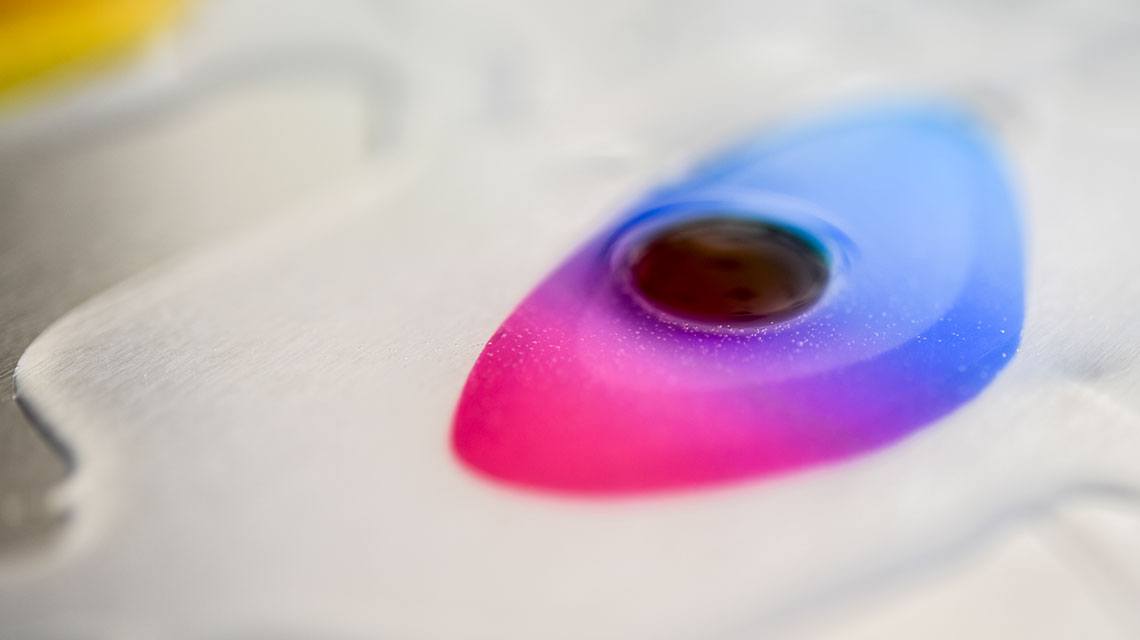
Biohacking
for Beginners
What it is and why you should care
May 22, 2019What it is and why you should care
May 22, 2019The term ‘biohacking’ has been thrown around a lot lately. That’s because biohacking is a fairly new trend, and the exact definition is kind of hard to pin down.
Basically, it is the idea of consciously controlling your external environment to encourage better physical and mental performance. By using science and self-experimentation, hackers aim to change their physiology for the better.
Proponents of biohacking say it can improve life in a huge variety of ways, from enhancing cognitive functioning, to providing more energy and better productivity, while balancing hormones and decreasing inflammation. By adopting a more holistic approach to how your health is influenced by the world around you and slowly fine-tuning your inputs, you can achieve optimal health output.
Although there is a spectrum of biohacking techniques, some quite extreme—such as DIY body enhancements or alteration of DNA sequences—we have researched some of the basic pillars of biohacking that even beginners can give a try.
Nutrition
You are what you eat. Despite being slightly cliché, this quote rings true. A huge source of upset for your health comes from consuming inflammatory, low energy foods. Some that are consistently flagged for causing issues include: sugar, refined and fried foods, and saturated fats.
If you don’t really know if you have food intolerances or if certain foods are causing problems, consider trying an elimination diet, where you drop a specific food item for a few weeks to see how your body adjusts and if there are any tangible positive results. In the biohacking realm, there is also an emphasis on whole foods, which are nutrient rich and your best bet for nourishing your body.
A final strategy that falls under this pillar is intermittent fasting. Some studies show that intermittent fasting is linked to weight loss and brain health. There are several different approaches to this method, so do your research and look for the one that best suits your lifestyle.
Sleep Hacking
Aside from nutrition, sleep is one of the most important health factors. By combining behavioural techniques and technology, biohackers seek to ensure that they are super well rested. This includes being strict about when they go to sleep, and making sure the room is dark, quiet and phone free.
Some hackers swear by sleep-tracking devices to monitor heart rate, sleep quality and overall sleep patterns. Blackout curtains, white noise machines and keeping an eye on the room temperature can also help hit that 7-8 hour optimal range.
Cold Therapy
An ancient technique made new, biohackers also swear by cold therapy to help treat depression and boost metabolism and the immune system. It is a quite simple concept where you expose the body to cold or freezing temperatures for short periods of time. This can look like swimming outdoors in lakes and ponds, or an ice bath, but even a cold shower can do the trick.
Not many studies have examined the benefits of this method, but it is believed that exposure to cold water triggers a stress response, which decreases as you repeat exposure. This desensitization of the stress response carries over into the rest of your life, to help with anxiety and inflammation.
Light Hacking
Your brain uses light to regulate the body’s natural rhythms. If you are exposed to blue, violet, or green light the production of the sleep hormone melatonin is repressed, because your body thinks that it is daytime. The problem is smartphones, computers and even LEDs use this light, meaning all this exposure to artificial light mucks with your natural sleep cycles.
While it isn’t the answer for most of us to switch to candlelight in the evening, it is a good idea to limit your scree time in the evening or think about altering the light on your smart device settings (you can filter out the type of light that the screen displays). There are also devices that biohackers use, like special glasses to filter the light spectrum.
Nootropics & Dietary Supplements
Supplements and superfoods are a cornerstone of biohacking. Specifically, nootropics are supplements that are supposed to enhance cognitive function. Sounds extreme but nootropics can be anything from gingko balboa, medicinal mushrooms and caffeine, to ashwaganda and creatine. Depending on the specific supplement, the mechanism of impact is slightly different, but overall nootropics are considered non-toxic and non-addictive.
In the end:
Biohacking remains slightly broad in definition. If you take supplements, meditate, wear a fitness tracker, or even just jump in a cold shower every now and then, to some extent you are “hacking” your health.
The possibilities for self improvement are endless, but in the biohacking world they are all rooted in the idea that we have the capacity to become smarter, faster and better human beings.






